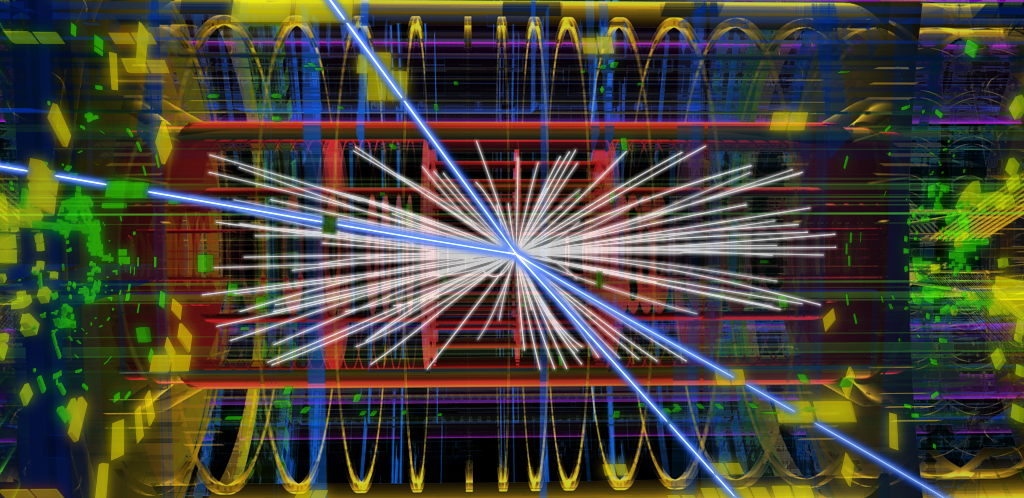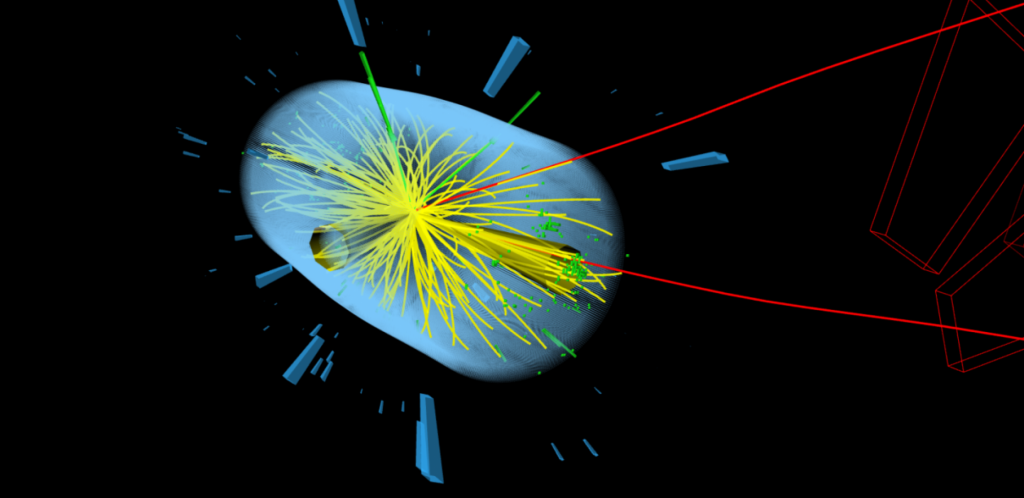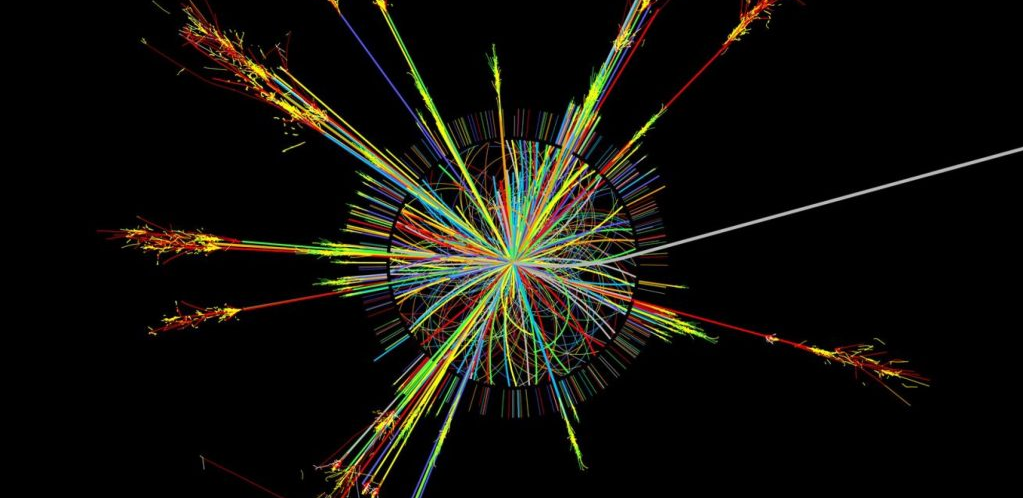


The NNPDF collaboration performs research in the field of high-energy physics. The collaboration is not for profit, and funded by national and international educational and research institutions and funding agencies, such as Universities, Research councils, and Research laboratories. The scientific output of the collaboration is mostly in the form of scientific publications and software, and it is all freely available to the public, to scientists, and to interested parties, through the arXiv, journal repositories, and software repositories. The NNPDF collaboration also effectively acts as an educational and training service, through the affiliation of several of its members with various undergraduate and graduate schools: a large number of theses has been performed in the framework of the collaboration.
The NNPDF collaboration determines the structure of the proton using contemporary methods of artificial intelligence. A precise knowledge of the so-called Parton Distribution Functions (PDFs) of the proton, which describe their structure in terms of their quark and gluon constituents, is a crucial ingredient of the physics program of the Large Hadron Collider of CERN. It has played an important role in the discovery of the Higgs boson. Its incomplete knowledge is one of the main limitations in searches of new physics.
PDFs cannot be computed from first principles: they have to be extracted from the data, through a careful comparison of theoretical predictions and experimental results. NNPDF determines PDFs using as an unbiased modeling tool Neural Networks, trained using Genetic Algorithms, and used to construct a Monte Carlo representation of PDFs and their uncertainties: a probability distribution in a space of functions.
This site provides information on NNPDF for the general public, for physicists, and for PDF users. Among others, a description of our main research tools, user manuals and documentation, talks and publications, including theses, and links to analysis tools. The NNPDF code, including extensive documentation, is available open source. All NNPDF PDF sets are publicly available from LHAPDF.
